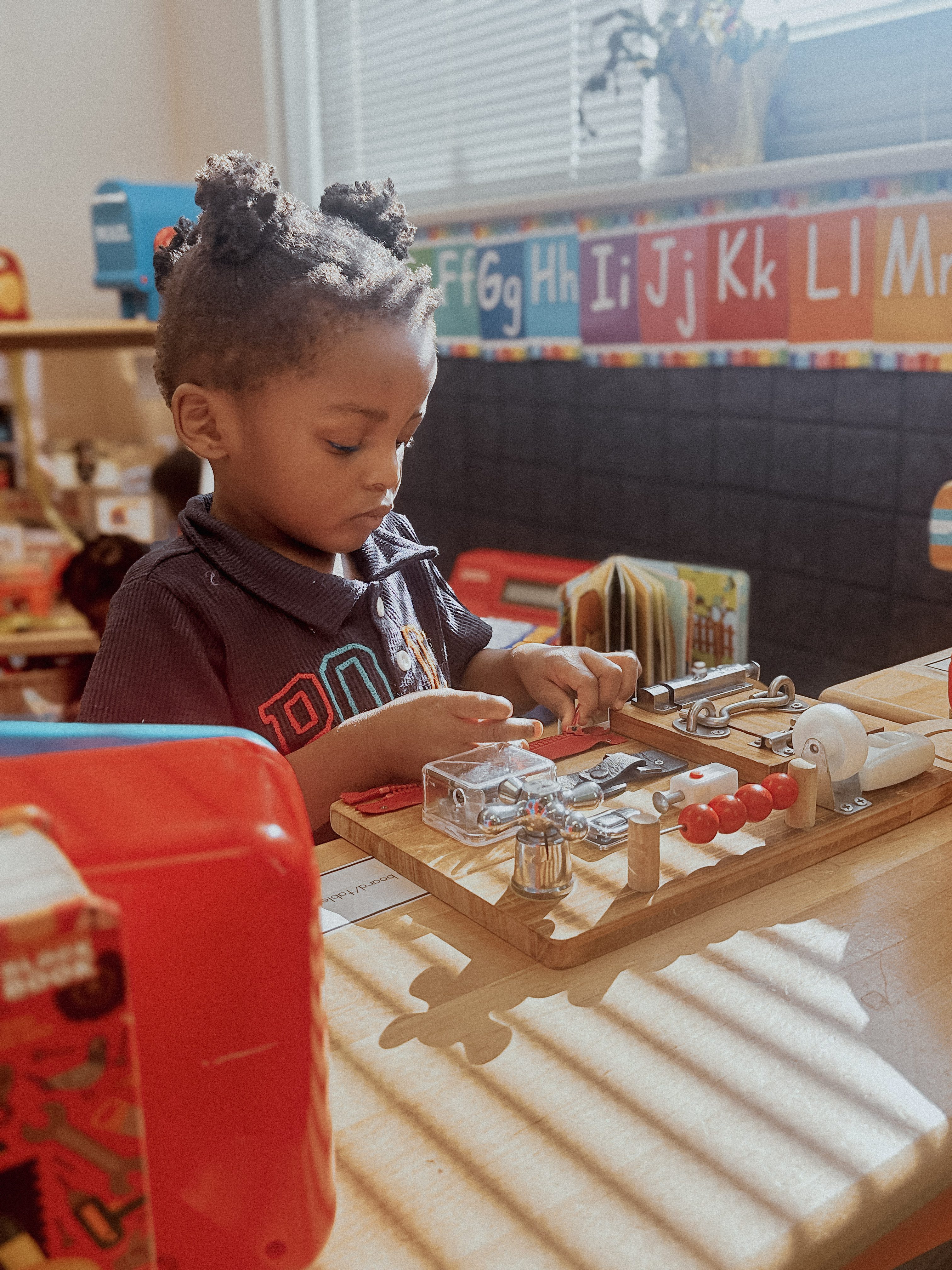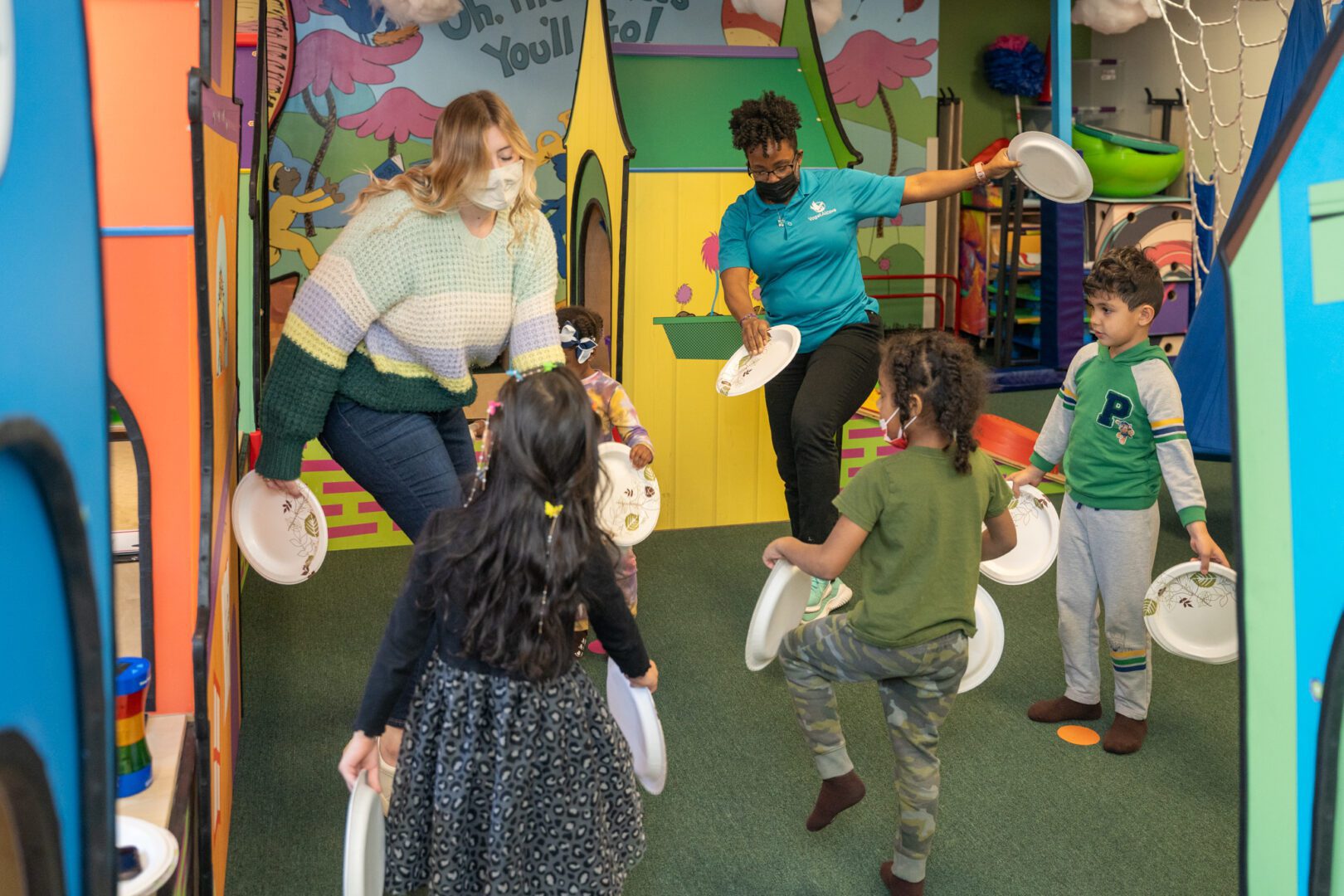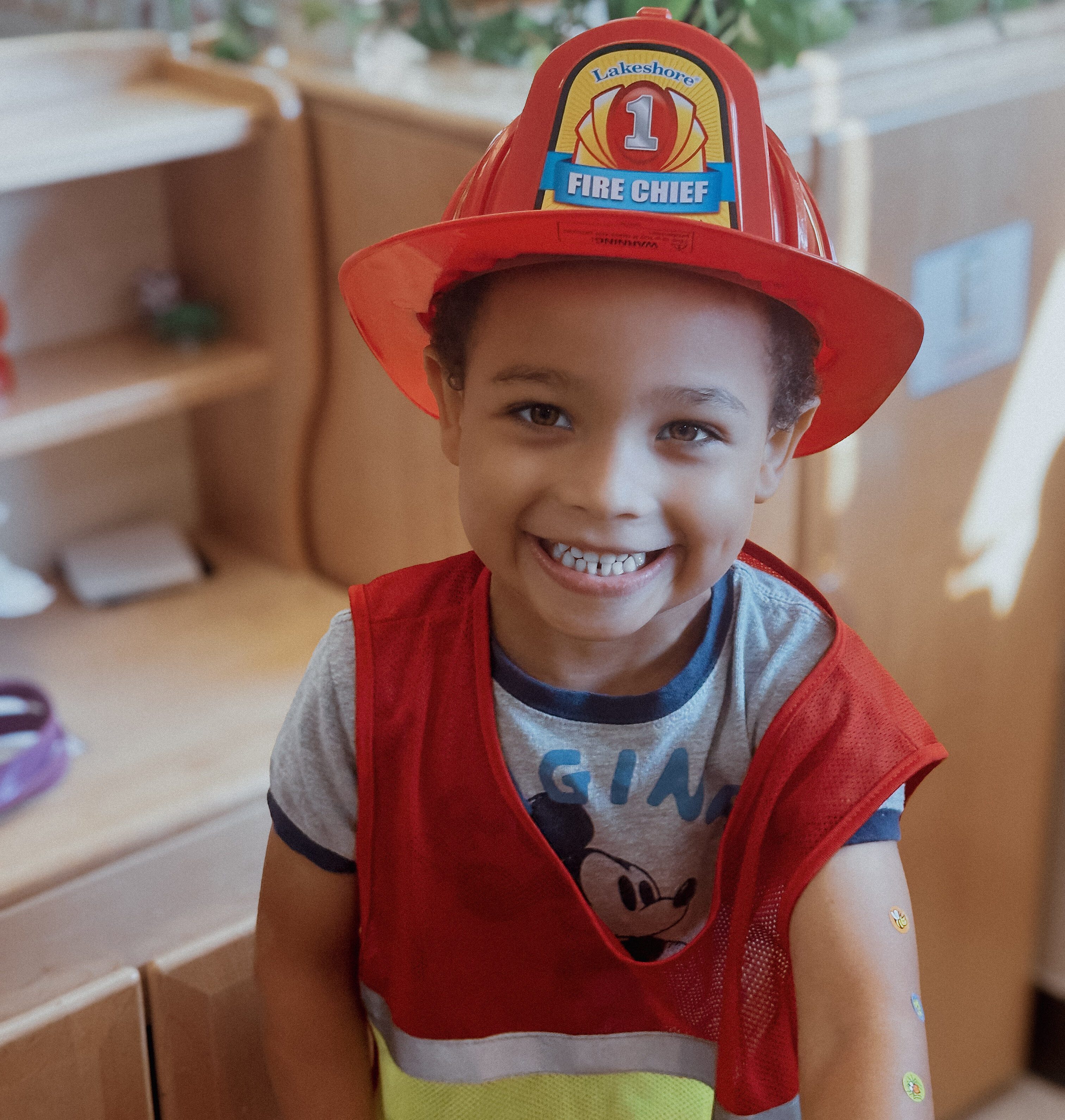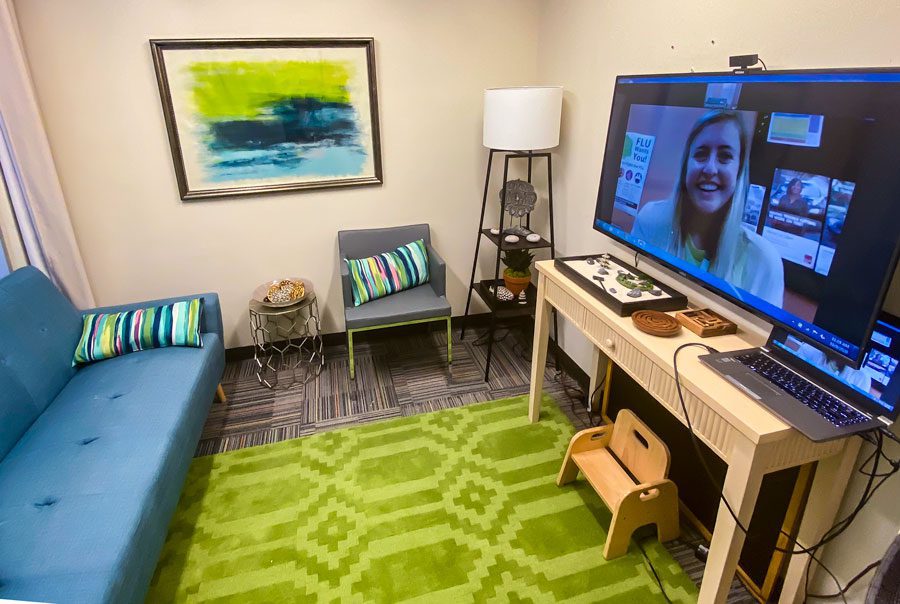Early experiences shape a lifetime.
The first five years of life are a period of extraordinary growth — nearly 90% of brain development occurs during early childhood. When children experience trauma or prolonged stress, it can disrupt healthy development across physical, cognitive, social-emotional, and language domains.
Without early support, these challenges can follow children into later childhood and adulthood. Research shows that early adversity increases the likelihood of long-term emotional and behavioral concerns — making timely, compassionate intervention essential.
Vogel’s Mental Health team provides specialized, trauma-informed treatment for both children and parents — utilizing a multi-generational approach.
Our team provide evidence-based treatment practices to children starting at the age of 3. Our clinicians partner with our teachers and caregivers by providing them with practical coping strategies that are utilized within our classrooms to help reinforce consistency and stability across the child’s environment.
Licensed professional counselors provide on-site, no-cost support to help the whole family process physical, emotional, and psychological trauma through individual and group therapy. We also provide telehealth services to our caregivers as a means to reduce any barriers to treatment. Children are able to engage in multiple types of therapies, including trauma-focused cognitive behavioral therapy, dance movement therapy and play therapy.
Our parents can engage in cognitive processing therapy, "EMDR" therapy, "DBT" therapy, and parent-child interactive therapy which are all evidence-based evidence focused treatment modalities.
Together, these services help families build resilience and move forward with confidence.





